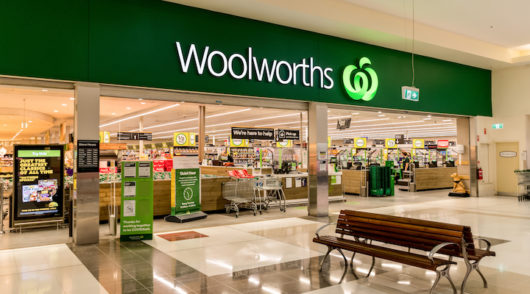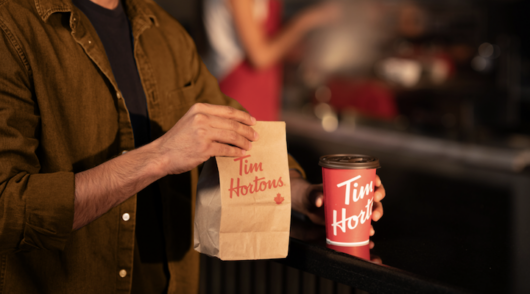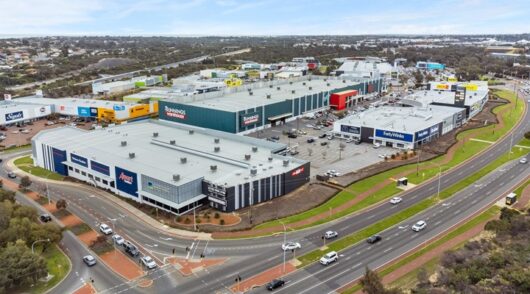South Korean secondhand marketplace Global Bunjang is expanding its operations in Singapore, two years after quietly entering the market. The company’s push in Singapore also comes at a time when resale is gaining new ground across Southeast Asia. According to Research and Markets, the local re-commerce market is projected to reach US$2.37 billion this year, growing at over 14 per cent annually. That growth is fuelled by a mix of affordability, environmental awareness and shifting attitudes ab
about ownership.
“We see significant potential in Singapore’s fast-growing re-commerce scene, which reflects a rising consumer interest in sustainability, value-driven shopping and a circular economy. This aligns closely with our mission here at Global Bunjang,” Sae Mi Lee, lead of the global team at Global Bunjang, told Inside Retail.
She pointed to repeat purchase rates and increasing engagement as signs of a deepening local foothold.
Lee said the momentum is driven by factors such as a deep affinity for Korean culture, a growing focus on sustainability and a tech-savvy population that is comfortable navigating cross-border platforms.
“These characteristics make Singapore an ideal expansion market not only in terms of numbers, but also in how it helps us refine and future-proof our model for other parts of Asia,” she said.
A testing ground for Asia
In some ways, Singapore is a prototype. Its small but globally connected population, strong logistics infrastructure and multicultural consumer base make it the perfect laboratory for refining re-commerce models. If Bunjang can work here, it can likely work anywhere in Asia.
“Singapore serves as a key gateway and trend hub representing major Asian markets such as Hong Kong and Taiwan,” Lee said.
“The country has shown us that success in building relevance comes from more than simply launching a platform. It requires creating a reliable, culturally relevant experience tailored to each market.”
Singapore has become Bunjang’s third-largest overseas market by sales, with a 452 per cent jump in user growth over the last six months. The company’s response: invest further and treat the city as a proving ground for its broader Asia ambitions.
“The learnings from Singapore, especially around product curation, user onboarding, trust-building and customer engagement, will be instrumental as we scale into other East Asian markets such as Hong Kong and Taiwan,” she added.
That said, Singapore isn’t without its challenges. Logistics costs, buyer protection and consumer expectations around service quality are all higher than in Bunjang’s home market. Cross-border commerce still comes with delays and uncertainties that domestic platforms don’t face.
A Korean lens on secondhand retail
While resale platforms like Carousell, Depop and even Mercari dominate their local niches, Bunjang has carved out a different space: a portal into Korea’s trend-driven secondhand economy.
“The key difference lies in the unmatched variety of K-products we offer and the reliability we provide through our in-house authentication service,” Lee said.
“Unlike C2C platforms that operate within local markets, Global Bunjang enables users in Singapore to purchase products listed in real-time by Korean sellers. This provides access to a wider and more curated selection of rare K-pop items, discontinued merchandise, exclusive streetwear drops and collectibles that are difficult to find through traditional commerce channels outside Korea.”
Trust, in this context, is hard-earned. Bunjang has invested heavily in verification and authentication infrastructure. Its Bungae Care service uses material analysis and proprietary Authenticity Proof Technology (APT) to inspect high-value items like designer bags and sneakers. This added layer of trust is vital for international buyers navigating cross-border resale, where counterfeits are a persistent risk.
Building community
Bunjang’s bet is that its Korean sourcing and cultural alignment give it an edge that outweighs platform familiarity or logistical convenience. But this approach also requires work.
In Korea, Bunjang organises flea markets and pop-ups where influencers, stylists, and celebrities sell personal items to fans. These events have helped the company build not just a marketplace, but a lifestyle brand.
Bunjang says it’s exploring pop-ups and community events in Singapore, mirroring its popular flea market-style events in Seoul where celebrities and influencers sell their own goods. Whether those formats will resonate locally remains to be seen.
“We are currently keeping a close eye on what resonates with users locally and will announce any future initiatives through our official channels,” Lee said.
Further reading: How Global Bunjang taps into the secondhand K-pop merchandise boom.







